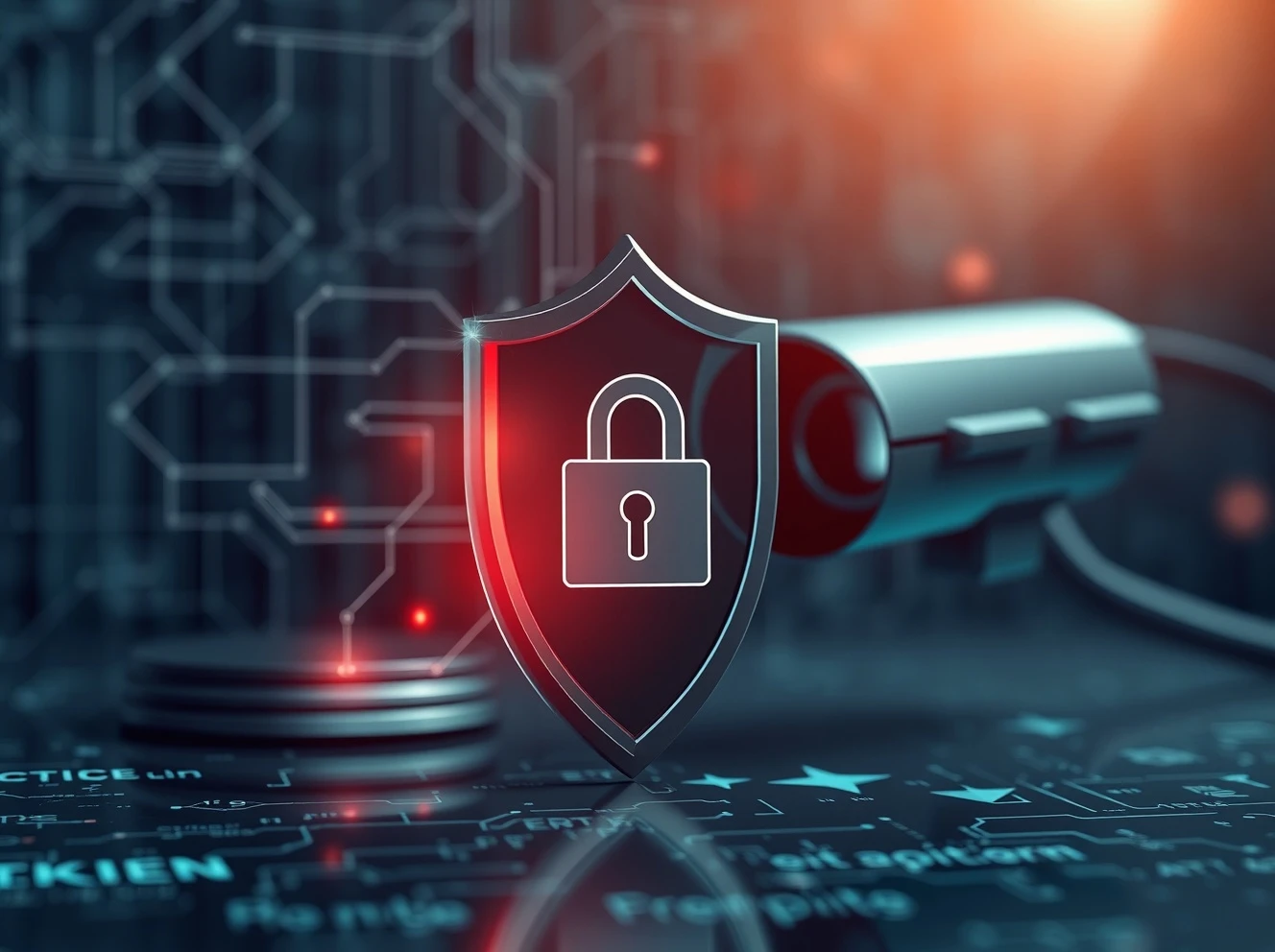Ethereum co-founder Vitalik Buterin has launched a powerful critique against the European Union’s controversial Chat Control proposal. This legislation represents a fundamental threat to digital privacy that could reshape online communications globally. Buterin’s opposition highlights the growing tension between government surveillance and individual freedoms in the digital age.
Chat Control: The Battle for Digital Privacy Intensifies
The Chat Control legislation proposes mandatory backdoors in encrypted messaging platforms. Consequently, this would allow government agencies to access private communications. However, cybersecurity experts warn these vulnerabilities could be exploited by malicious actors. Buterin emphasizes that society cannot be protected by sacrificing individual security.
Vitalik Buterin’s Strong Opposition to Chat Control
Buterin’s stance against Chat Control reflects his consistent advocacy for digital rights. He argues that privacy should be a fundamental right, not a negotiable commodity. Furthermore, he highlights the technical dangers of creating mandatory backdoors in encryption systems. These vulnerabilities could potentially expose millions of users to cyber threats.
Key concerns about Chat Control include:
- Mandatory encryption backdoors creating security vulnerabilities
- Potential for mass surveillance without proper oversight
- Risk of setting dangerous global precedents
- Threat to journalist and whistleblower protections
The Hypocrisy Behind Chat Control Legislation
Reports indicate some lawmakers seek exemptions from Chat Control surveillance for themselves. This double standard undermines the legislation’s credibility. Buterin describes this approach as revealing of deeper issues in digital governance. The contradiction fuels public mistrust in regulatory institutions.
Web3 and Crypto: Natural Alternatives to Chat Control
Decentralized technologies offer compelling solutions against intrusive surveillance. Web3 platforms enable users to maintain control over their data. Moreover, blockchain-based communication tools provide encryption without centralized vulnerabilities. These alternatives gain relevance as Chat Control discussions progress.
Web3 advantages include:
- Decentralized control preventing single points of failure
- End-to-end encryption without government backdoors
- User ownership of data and communication records
- Global accessibility beyond jurisdictional boundaries
Global Implications of Chat Control Adoption
The EU’s decision on Chat Control could influence digital policy worldwide. Other governments may follow similar surveillance approaches. Alternatively, rejection could strengthen privacy-focused digital ecosystems. Buterin’s intervention adds significant weight to the privacy advocacy side.
Frequently Asked Questions
What is Chat Control legislation?
Chat Control refers to proposed EU regulations requiring messaging platforms to install backdoors in encryption. This would allow law enforcement access to private communications.
Why does Vitalik Buterin oppose Chat Control?
Buterin opposes Chat Control because it creates security vulnerabilities and threatens fundamental privacy rights. He believes it sets dangerous precedents for digital surveillance.
How could Chat Control affect ordinary users?
Chat Control could expose user communications to security breaches and government surveillance. It might also lead to increased cybercrime targeting weakened encryption systems.
What alternatives exist to Chat Control?
Decentralized Web3 platforms and blockchain-based communication tools offer privacy-preserving alternatives. These technologies maintain encryption without centralized vulnerabilities.
When will Chat Control be decided?
The legislation remains under discussion in EU institutions. No final decision date has been announced, but debates continue intensively.
How can individuals protect their privacy?
Users can adopt encrypted messaging apps, VPN services, and explore decentralized platforms. Staying informed about digital rights developments is also crucial.







